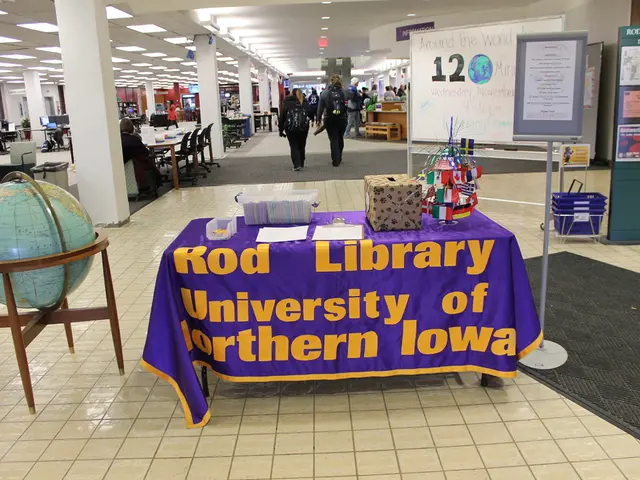Rhineland-Palatinate Steps Up Aid for Refugees in 2024
In a significant move, Rhineland-Palatinate's state government pledged to provide municipalities with an additional €267.2 million for refugee support next year. The announcement was made by Minister President Malu Dreyer (SPD) following discussions with local authority associations in Mainz. The funds will aid in processing and organizing repatriations, as well as expanding state reception facilities and increasing staff from the Federal Office for Migration and Refugees (BAMF).
The budget boost includes €67.2 million from the federal government, as agreed in an earlier federal-state meeting. A further €200 million has been set aside in the 2023/24 state budget to mitigate the impact of the Ukraine conflict. However, this allocation needs approval from the Budget and Finance Committee.
Achim Schwickert (CDU), the Landkreistag Chairman and District Administrator for the Westerwald district, expressed gratitude for the financial assistance, acknowledging that the municipalities were not anticipating such a substantial boost. Despite the aid, finding housing remains a challenge for refugees.
To streamline repatriation processes, local authorities will work more collaboratively moving forward, with a focus on assigning responsibilities to a limited number of authorities. A detailed plan is under development by the Integration Minister, Katharina Binz (Greens).
Binz also mentioned the need to improve the Integration Minister's 2017 state concept, which initially assumed a capacity of 3,300 places in state reception facilities with the potential to expand to 6,600 places. However, the current reality demands a more comprehensive and long-term approach, with an emphasis on reducing the capacity in facilities like Kusel and Hermeskeil.
The state government aims to expedite asylum procedures by increasing BAMF staff. The BAMF currently conducts around 400 asylum interviews weekly and requires additional personnel as reception facilities reach capacity, forcing the state to distribute up to 550 people per week to municipalities by the year's end.
Joachim Streit, the leader of the Free Voters parliamentary group in the state parliament, claimed that municipalities continue to bear the brunt of high accommodation costs and excessive refugee allocation. Criticizing the late and inadequate financial support, he emphasized the need for a budget plan that ensures zero costs for municipalities and zero allocations of unauthorized asylum seekers to them.
As the state government continues to enhance refugee support, it is likely to coordinate efforts with local authorities, federal agencies, and potentially private security services to manage challenging cases effectively. This could involve increasing capacities of existing facilities and establishing new ones, depending on the state's evolving strategy.
(Sources: www.dpa.com)
Enrichment Insights: Municipalities like Bad Kreuznach are already taking steps to manage challenging refugee cases, such as employing private security services to monitor aggressive asylum seekers. Meanwhile, strict migration policies and austerity measures are being implemented in some regions, including North Rhine-Westphalia, impacting refugee support and social services. Deportations and the establishment of additional deportation detention centers are also part of this tightened migration agenda.








